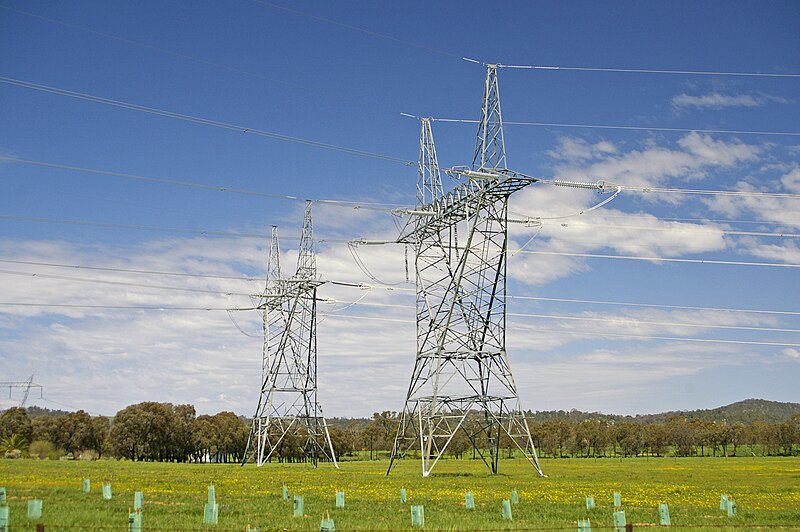
British households can expect a decrease in energy bills starting in July as regulator Ofgem reduces the domestic price cap by 7%. This cut, primarily due to a fall in wholesale energy prices,
offers temporary relief as analysts caution that prices may rise again.
The new cap of £1,568 ($1,988.38) per year for average electricity and gas usage is down by £122 from the previous cap of £1,690. This marks the lowest cap since the winter of 2021/2022.
However, analysts at Cornwall Insight predict an increase in the cap come October, driven by a recent 30% rise in front-month wholesale British gas prices since early April, attributed partly to reduced supply from Norway. The October cap is forecasted to be £1,762 per year, a 12% increase from July.
“The anticipated rise in bills as we move into the winter months highlights the continued volatility of the market and underscores the need to protect vulnerable households,” said Craig Lowrey of Cornwall Insight.
Consumer advocacy groups stress that many households still face unmanageable costs and urge the incoming government to enhance protections for the vulnerable. British Prime Minister Rishi Sunak recently announced a national election for July 4.
Despite the reduction, the campaign group National Energy Action estimates that 5.6 million households will remain in fuel poverty, defined as the inability to afford heating to maintain health and warmth.
Approximately 28 million customers are on standard rate tariffs covered by the price cap, introduced in 2019 to shield consumers. The cap factors in network fees, social and environmental costs, and wholesale energy prices, and is updated quarterly to reflect changes in these costs. Photo by Bidgee, Wikimedia commons.




































